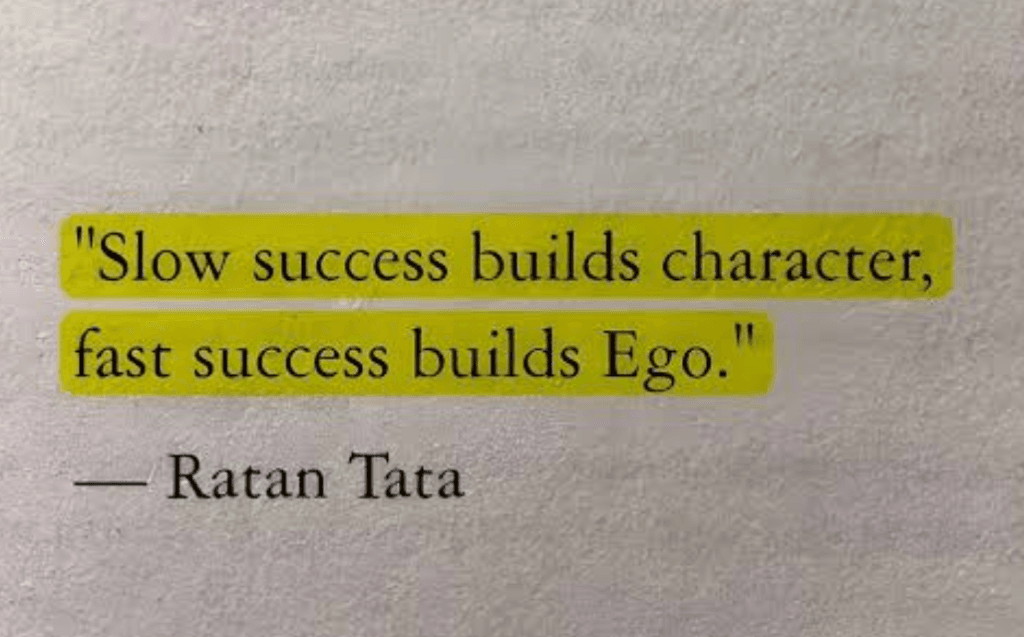Who Was Ratan Tata
Ratan Tata, a name synonymous with excellence, innovation, and integrity. Many people admire him for his beautiful thoughts towards nation. He was one of the most impactful industrialists in India. Leading the Tata Group to unprecedented global success, he became a symbol of ethical leadership and philanthropy. His journey, marked by challenges and triumphs, inspired countless individuals across the world. Sadly, Ratan Tata passed away on October 9, 2024, at the age of 86, leaving behind an indelible legacy.
Early Life And Education
Ratan Naval Tata was born on December 28, 1937, in Mumbai, into the prestigious Tata family. Despite the privilege, his childhood was challenging due to his parents’ separation when he was only 10 years old. Ratan and his younger brother, Noel Tata, were raised by their grandmother, Lady Navajbai Tata.
He completed his schooling at Campion School and Cathedral and John Connon School in Mumbai. For higher education, Ratan Tata moved to the United States, earning a degree in architecture from Cornell University. He later attended Harvard Business School, completing the Advanced Management Program, which laid the foundation for his remarkable career.
Beginning of Career
Ratan Tata sir joined the Tata Group in 1961, starting on the shop floor of Tata Steel’s Jamshedpur plant. By working alongside laborers, he gained firsthand knowledge of ground-level challenges, shaping him into a humble and pragmatic leader.
In 1991, he succeeded J.R.D. Tata as the Chairman of Tata Group. Initially doubted by critics, Ratan Tata silenced them with his visionary leadership, transforming the group into a global powerhouse.
Transformation of Tata Group
Under Ratan Tata’s stewardship, the Tata Group expanded its footprint from being an India-centric company to a global conglomerate operating in over 100 countries.
Landmark Acquisitions
- Tetley Tea (2000): Marked Tata Group’s entry into the global beverages market.
- Corus Steel (2007): Enabled Tata Steel to become a global steel producer.
- Jaguar Land Rover (2008): Showcased Indian industry’s capabilities by acquiring this British luxury automobile brand.
Revolutionary Products
Ratan Tata also emphasized innovation within India. The Tata Nano, an affordable car designed for middle-class families, became a symbol of ingenuity, even though it faced commercial challenges.
Leadership Style And Values
Ratan Tata’s leadership style was rooted in humility, integrity, and a long-term vision. He prioritized ethical practices and societal welfare over profits, believing that true success lies in earning the trust and respect of the community.
Philanthropy and Social Impact
As Chairman of Tata Trusts, Ratan Tata contributed significantly to healthcare, education, and rural development.
Major Initiatives
- Healthcare: Established cancer treatment centers and funded rural health programs.
- Education: Supported scholarships for Indian students and built prestigious institutions like the Indian Institute of Science.
- Rural Development: Improved infrastructure and livelihoods in India’s rural areas.
Awards and Recognition
Ratan Tata was honored with numerous awards:
- Padma Bhushan (2000): India’s third-highest civilian award.
- Padma Vibhushan (2008): India’s second-highest civilian award.
- Honorary Doctorates: From institutions like Harvard University and Cambridge.
Facing Challenges
Ratan Tata’s journey was not without obstacles. From navigating economic downturns to making bold business decisions, he handled challenges with resilience and ethical fortitude. His ability to learn from failures and emerge stronger set him apart as a true leader.
After Retirement
Ratan Tata retired as Chairman of Tata Group in 2012, passing the baton to Cyrus Mistry. However, his association with the group remained strong. Post-retirement, he mentored young entrepreneurs and invested in innovative startups, continuing to inspire a new generation.
Ratan Tata’s passing in 2024 marked the end of an era. His state funeral was a reflection of the immense respect he commanded, as the nation mourned the loss of a visionary leader.
Things to Learn from Ratan Tata
- Humility: Stay grounded after every success.
- Ethics: Let integrity guide your actions.
- Vision: Think ahead and embrace calculated risks.
- Empathy: Address societal challenges with impactful solutions.
Conclusion
Ratan Tata’s legacy is a testament to his belief that success is not just about profits but about making a positive difference in the world. His vision, values, and contributions continue to inspire leaders and entrepreneurs worldwide. As we reflect on his life, it is our responsibility to carry forward the principles he upheld and ensure his legacy remains alive in our actions.

